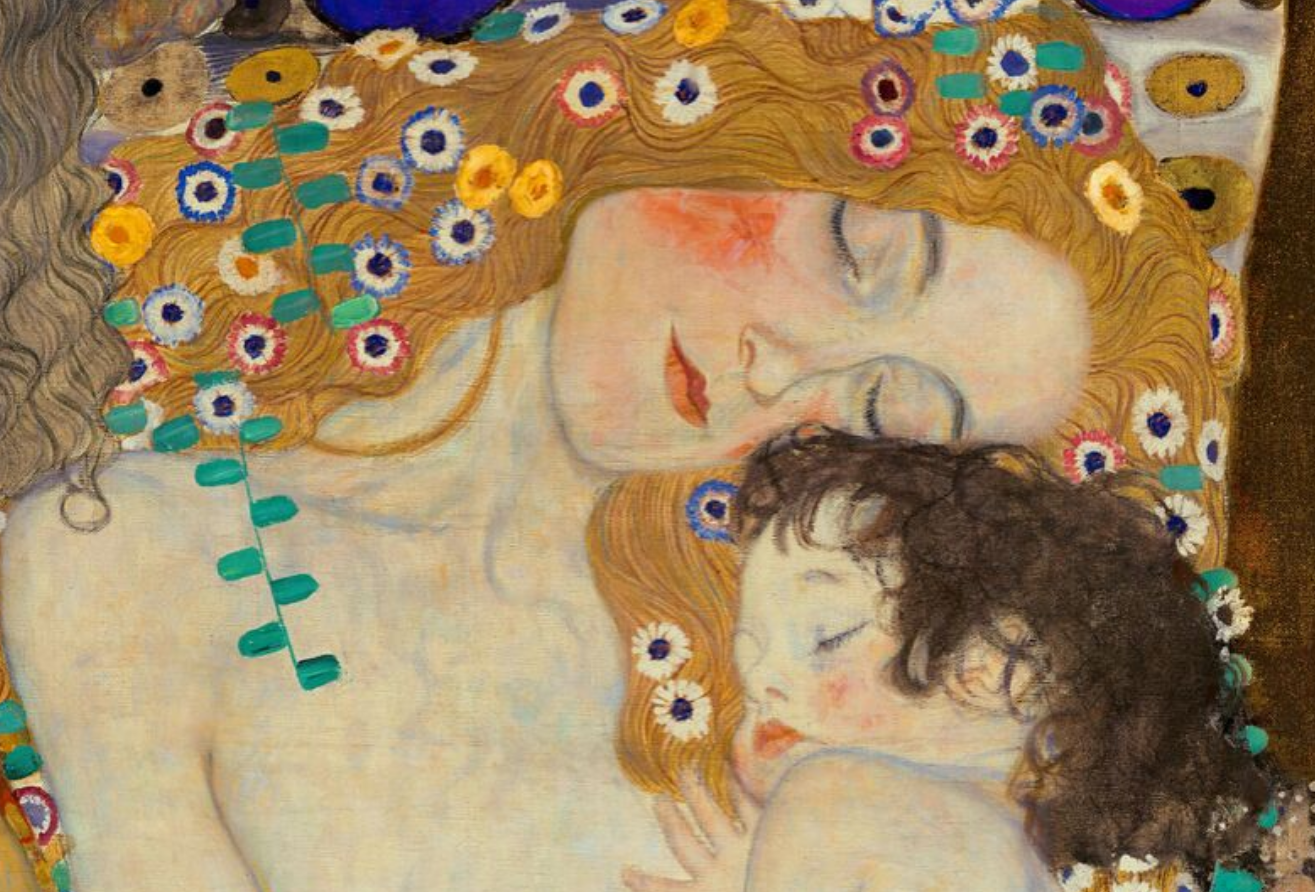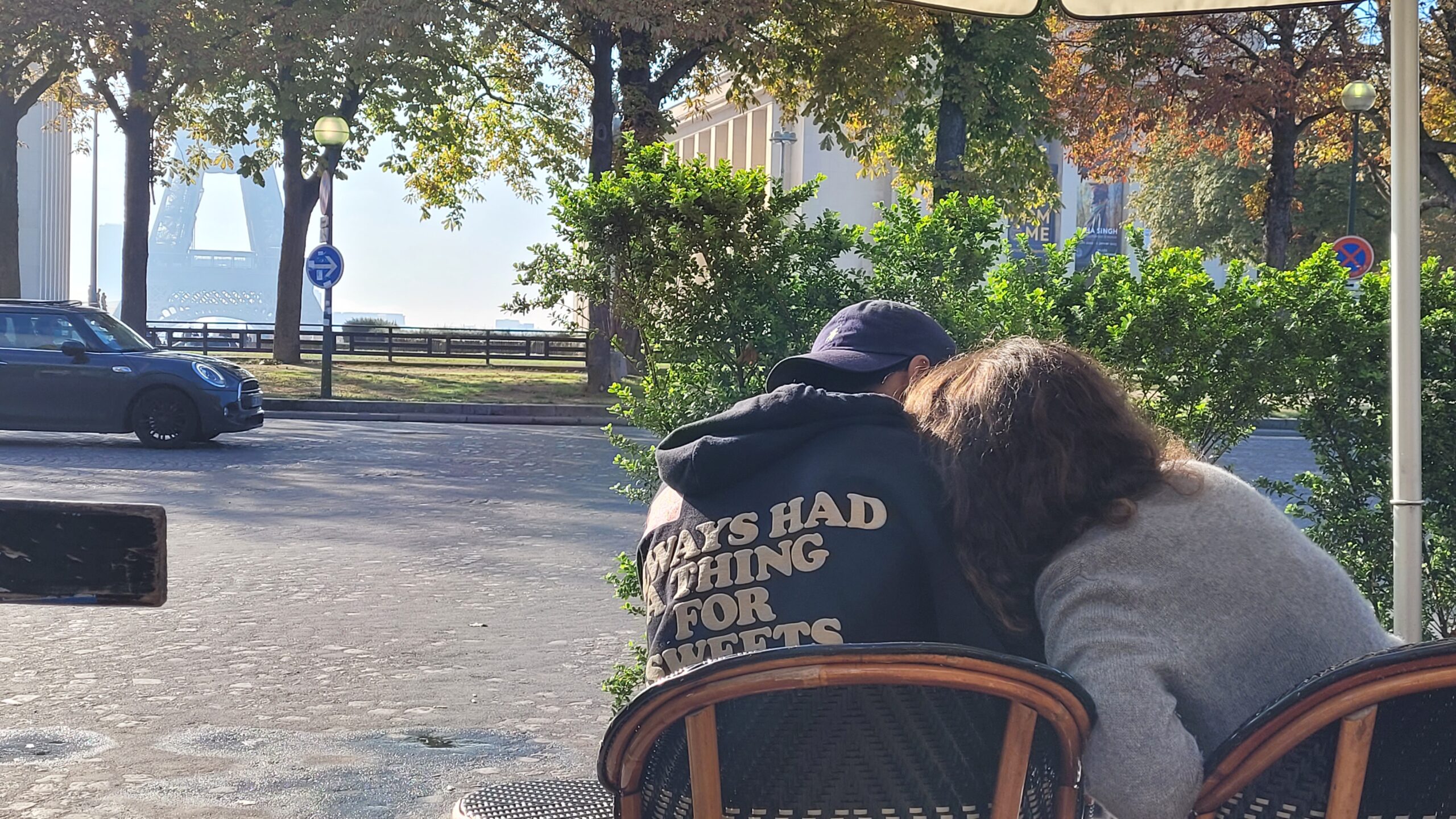Click here to view the first part of this article.
In addictions, it is important to understand the notion of motivation.
Treatment is hard, in part, because of the difficulty of letting go something that was once so pleasant and so necessary. And even if your mind stops to want it, withdrawal symptoms are signs that your body still does.
This is why the notion of motivation is the first question to ask in treatment: where are you, on the motivational cycle?
Motivational Cycle
The first step will be to identify that drive. We call this the motivational interview.
The notion of motivation is not something linear and it is not something you can dictate. Surely, one can create external incentives but those won’t be as effective as the internal drive – the inner desire to change.

Wherever you fall on this continuum, remember that motivation is a dynamic concept.
Think of it this way: you want to start a diet, or exercising. One day you feel on top, the other you’re not sure, then the next day you want to stop everything because you overate or skipped gym class, then you decide to start over…. Sometimes these stages don’t even come in that same order! Whatever you do, the motivational interview makes sure to check the ambivalence a person may be experiencing, in a non-judgemental and understanding way.
Motivation is not something that can be commanded, it has to be felt, and understood. Change does not come in a day!
Situational Observation: Vulnerabilities and Strengths Assessment
When does the problematic behavior occur? Why? What is more likely to provoke it? What is more likely to prevent it? What are the thoughts and feelings that arise before, during and after?
As with every cognitive behavioral treatment, the first step will be to establish a baseline: Determine the nature of the problem, the severity (intensity and frequency) and the strength/vulnerability factors.
Most factors depend on the concerned person, its history, and its interpretation of his surrounding. For example, a social circle can be both a strength and a weakness, depending on how you perceive it and how it is affecting your desire/ability to change.
Other items are more clear-cut: a bar is obviously a vulnerability factor for a person who wants to stop drinking, and a casino for someone who is cutting down on gambling. Stress is also a vulnerability factor.
On the other hand, peaceful and stable life circumstances are protective factors, so are benevolent social support systems (those can also be found in support groups like Alcoholics Anonymous) .
Once the why and how is clearer, the goal will obviously be to maximize the strengths and minimize the weaknesses. This goes with controlling environmental factors and surroundings, but also analyzing and working on your thoughts and perceptions, behavior, so as implementing problem-solving and emotional strategies on a general basis.
As a matter of fact: addiction is such a problem that is usually brings about a whole set of problems that have been piling up through the ages, so part of treatment will be in sorting these out as well.
Cognitive Work: Evaluating Your Biases
In addiction, one can find frequent biases. One of the most frequent is thinking in black or white. This is notably visible in relapses, where one drink suddenly means that “all is lost”, and so I drown myself in alcohol since I have no reason left to fight for.
When you think in all or nothing, you are very likely to end up with nothing.
Part of the cognitive work is also done in the motivational interview. Another part lies also in looking at what’s underneath, and working on underlying problems that have caused the glass to overflow: is it relational? Economic? Personal (self-hate and the likes)?Anxiety? Or maybe another underlying disorder, like bipolar disorder or a particular personality disorder ?
Behavioral Work
Step by step planning and persistence are a key feature in this area. Behavioral work is precise, pragmatic and systematic. When we have determined what type of behavior reinforces the problematic behavior, then we work to eliminate it, or modify it, situation by situation. The aim will also be to learn new behavior to cope with daily life and its stress.
Before you call your dealer after a fight with your partner, is there anything you could do instead? Could you call a friend, a family member? Could you take a walk in a secured area where you protect yourself from that outraging need to consume?
After you lost 500 dollars that night while gambling: would it have been possible to stop there, instead of playing to buy it off? This process goes hand in hand with the cognitive and emotional work: choosing long-term benefits over short-term benefits, and handling your emotions more mindfully.
Emotional Work
This craving, those feelings, they will pass. Don’t try to run from.them, as they cannot destroy you if you face them properly. Exercise. Relaxation. Equine or animal therapy. Yoga. Meditation. Theater. Writing. Music. Art. These are some of the tools you can use to get in touch with your feelings, and let them out in a different way.
A big part of the emotional work also lies in accepting pain, and accepting what you cannot change. Looking at negative emotions in the eyes and giving them space is still more effective than refusing to deal with them and replacing them by a more pleasant feeling. You can only bottle them down for so long before they come back so strong that they could destroy you. Deal with it before it becomes worse!
Maintenance Treatment and Relapse Prevention
Accepting mistakes, accepting the hard times, accepting what you cannot control, and accepting that things will not go according to plan.
Accepting that change and motivation are a long way through, that sometimes you will go up, and sometimes you will go down. Accept the crisis, and fight through it. Accept that sometimes you will lose. Accept the dynamic aspect of things – and thank God for it: this pain will not be everlasting, and neither will your high. Keep reaching for something better, and you will get there, day after day. Accept the time. Accept the help.
Addiction should not be faced on your own. Addiction needs to be understood. Addiction needs to be treated. Most importantly, addiction is in you, and you need to be cared for.
If you’re struggling with addiction, get help. And if you already are getting help, let me tell you this: you are very brave. You are brave to face this problem, you are brave to hope for a better life, and you are brave to try and heal or be abstinent. YOU ARE BRAVE FOR TRYING. Hang on to that and never let go. Never let go of trying: one day, you just might get there, and freedom will be yours at last.






